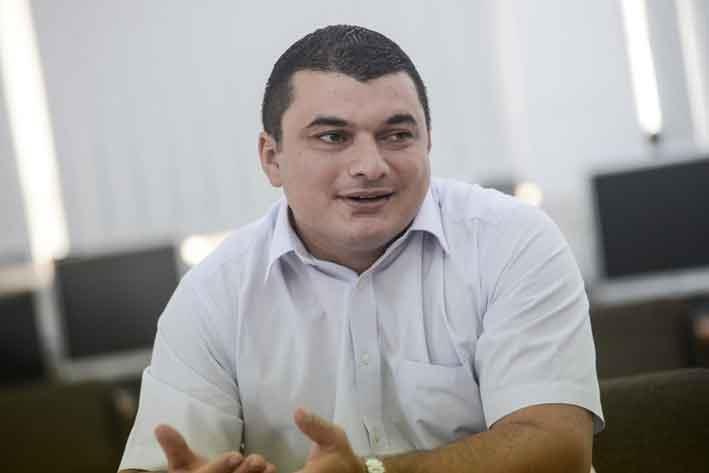The Malta College of Arts, Science and Technology (MCAST) not only educates students academically, but also teaches them other skills needed to succeed at the place of work, as well as life in general. Kenny Muscat, Acting Director of Institute of Engineering and Transport – Electrical and Electronics and Mario Debattista, Student Support Service Co-ordinator and Lecturer, speak to Therese Bonnici about the support services available to students.
The days spent at college presents one of the best, yet most stressful, period in one’s lifetime. Besides offering a wide range of courses, from foundation to Masters Level, MCAST also offers support to students facing challenges associated with student life.
“The difficulties can be various. Some may find the course they are studying to be too difficult or unsuitable for them, while others might have personal issues with their peers, which may even lead to bullying. Misunderstandings with lecturers, difficulty in keeping up and lack of support from home can also present a challenge,” Acting Director Kenny Muscat explains.

(Kenny Muscat)
Available support
Support at the college can be categorised in three major groups – academic support, life skills support and preparation for the labour market.
Before applying to study at MCAST, students can speak with a number of lecturers for career guidance, helping them to choose the course most suitable to the students’ capabilities and desires. Career guidance is also available to current students interested in progressing further.
The lecturing staff is available to further assist students even outside the classroom while the Learning Support Unit provides help to students in subjects in which they require that extra push. This support is offered in small groups and even one to one.
The Inclusion Education Unit assists students with learning difficulties, such as, dyslexia. Depending on the extent of the difficulty, the student may be allocated extra time to finish an exam or assignment or allowed to carry out the assessment in a separate classroom.
Counselling services are also available, in a confidential and professional manner, while a spiritual director is ready to assist students in matters relating to spirituality and faith.
MCAST is known for preparing students to the work field through a number of work placements, which are handled by the apprenticeship office, while the entrepreneurship department assists students interesting in starting their own business.
The Learning Support Unit assists students in time management and studying skills. “A number of students engage in part-time work for financial reasons, and this can start taking over and start being visible. Their energy decreases, they start missing classes,” coordinator and lecturer Mario Debattista says.

(Mario Debattista)
Building trust
“There are students who do ask for help voluntarily, but the co-ordinators are constantly on the look-out for signs that show that a student is facing difficulty. Poor attendance and not submitting assignments are some of the major signs. This year, MCAST carried out strict monitoring of students’ attendance and the support co-ordinator intervened when the students missed more than 5% of classes,” Mr Debattista explains.
“The key is creating an environment in which students are comfortable opening up about their difficulties,” he says. Team building activities are crucial to build that trust between the students and staff. Trust takes time to build, but takes minutes to shatter. Outside the classroom, students feel more comfortable to open up. It’s satisfying to see students gathered around lecturers, sharing their experiences.”

Urging students from all walks of life to integrate
Mr Muscat explains that as in each and every institution, MCAST has students of different nationalities and sexual orientations. There are those with learning difficulties and disabilities.
A substantial number of foreign students attend the college, some of which encountered communication issues. This year, MCAST introduced an extra unit – Maltese for Foreigners.
Others were provided a weekly-session on IT skills. “We’ve had some students who had never used a laptop before, today we receive emails from them, asking when results will be published. It is MCAST’s role to make education accessible for all members of society, irrelevant of age, race or capabilities,” Mr Debattista adds.
Students are urged to integrate and work with each other during workshops, laboratory sessions and field days. “You need to be prepared to work with all kinds of people before you enter the workforce.”
The concept of embedded learning has allowed lecturers to collaborate together and students to develop a positive and practical approach towards certain subjects. The coordinators are also lecturers at the institute, which allows a better level of trust.
“We only hope to improve what we already have, and we look forward to welcoming new students,” Mr Muscat says.
Applications for MCAST are being accepted until Wednesday 29 July. Visit the official website for more information.